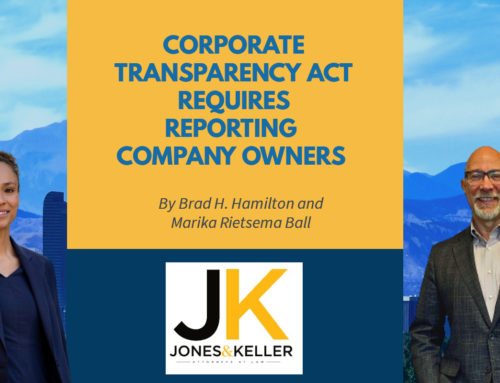In Gantler v. Stephens, C.A No. 2392, 2009 WL188828 (Del. Jan. 27, 2009), the Delaware Supreme Court held that officers of Delaware corporations owe the same fiduciary duties of care and loyalty to the company and its shareholders as directors owe. Prior Delaware court decisions have implied that officers might have the same fiduciary duties as directors, but no Delaware Supreme Court case had explicitly applied those duties to company officers before Gantler v. Stephens. The Court also held that shareholder ratification of director action is limited to approval of matters that are not required to be approved by shareholders in the first place.
In Gantler the board of directors of First Niles Financial, Inc., a bank holding company, retained a financial advisor to pursue a sale. Three parties made bids, but company management failed to respond to bidder, and the remaining bidder proposed a stock-for-stock merger, which the board rejected without discussion. The board then voted to proceed with a going private restructure and reclassification proposed by company management. The shareholders voted to approve the reclassification.
Normally a board’s decision not to pursue a merger is reviewed under the business judgment standard, which entitles the board to a strong presumption in its favor and prevents a court from second guessing directors’ business decisions. However, in this case the court found that two directors provided services to the bank that were likely to be terminated in the event of a merger, and that the Chairman failed to communicate with a bidder who he know intended to replace the board. The board’s rejection of the merger was therefore subject to entire fairness review, and was not granted the benefit of the doubt provided by the business judgment rule. Since the competing offer was made by company management, and because management actions obstructed progress with the outside bidders, the Court then examined the disloyalty claim against the defendant officers, clarifying what had been implied in prior cases: corporate officers owe the same duties of care and loyalty as directors do. The Court found that the Chairman may have sabotaged the third-party due diligence process, and the treasurer may have assisted him, for which they each could be liable.
The Court also clarified that common law shareholder ratification is only valid when the fully informed shareholders vote to approve director action that does not legally require shareholder approval to become effective. However, this holding applies only to common law ratification and does not affect shareholder ratification under Section 144 of the Delaware General Corporation Law, which provides a process for approving transactions with a corporation in which directors or officers have a conflict of interest.
Gantler is important for several reasons:
- Disgruntled shareholders who commonly sue directors for breach of fiduciary are now more likely to name officers as defendants in these lawsuits. However, most state corporate laws protect directors from liability for breach of fiduciary duty, but do not provide any protection for officers. That is not the case in Colorado. Colorado Revised Statutes § 7-109-107 states that officers are entitled to the same mandatory indemnification as directors are under § 7-109-103. Many companies doing business in Colorado are not Colorado corporations, but are formed in Delaware of other states. I recommend that Companies, particularly those incorporated outside Colorado, review their articles of incorporation and directors and officers liability insurance policy for officer protection. Gantler is likely to result in more fiduciary duty claims against officers.
- States whose corporation law is based on the Model Corporate Act, such as Colorado, already impose fiduciary duties on company officers. Colorado Revised Statutes § 7-108-401 states that directors and officers have fiduciary duties to the company.
- If your company seeks a shareholder vote to ratify board action, Gantler permits shareholder ratification only of matters that do not statutorily require shareholder approval to be effected. For example, shareholder ratification of director action that requires shareholder approval, such as a merger or amendment to the certificate of incorporation, will not provide any additional protection if the shareholders were required to approve the action before it occurred.




